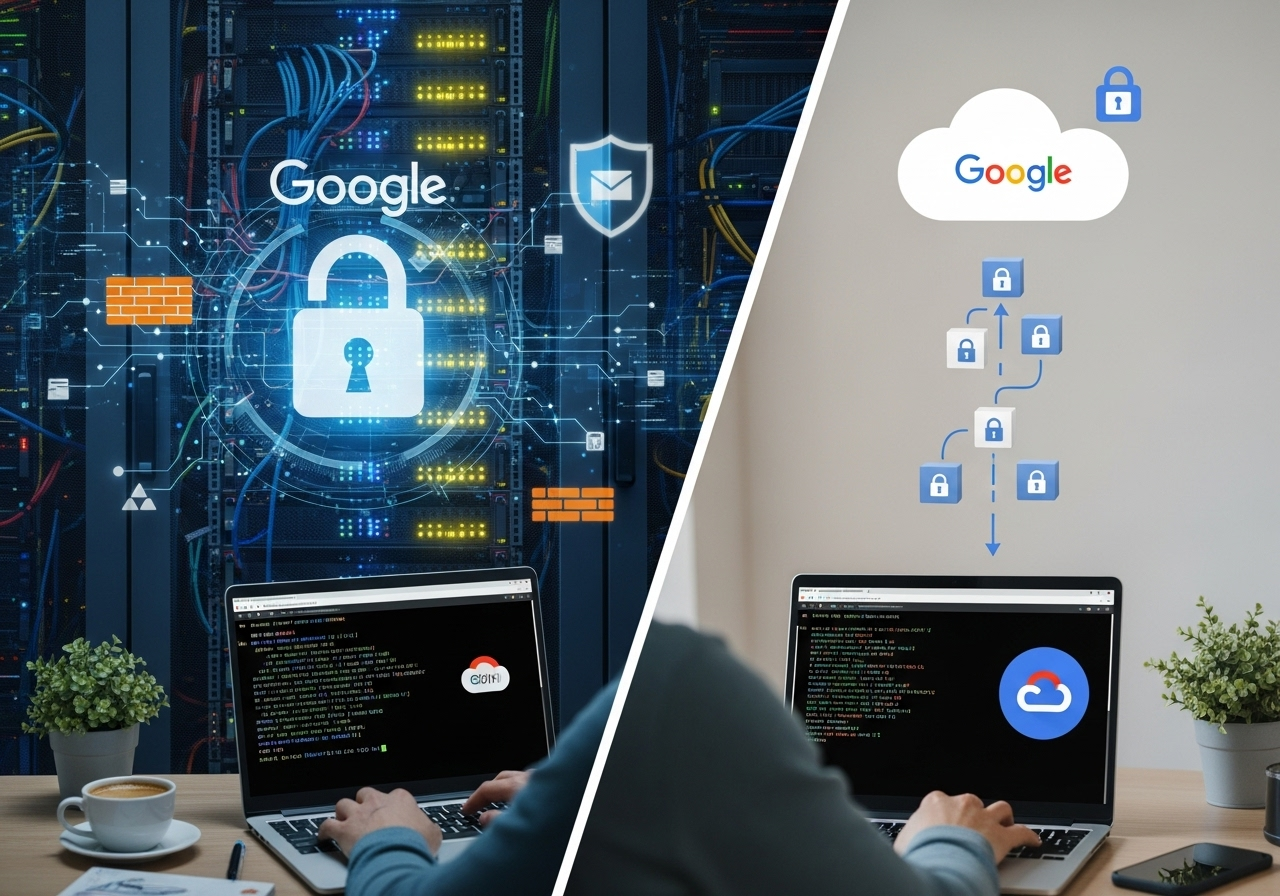The Rise of MCP and the Security Tightrope
The Model Context Protocol (MCP), a universal translator for AI, is rapidly becoming the cornerstone for integrating Large Language Models (LLMs) with diverse systems. MCP allows different tools and data sources to “speak” the same language, standardizing API calls and streamlining workflows. For example, MCP might enable a sales bot to access both CRM and marketing data seamlessly. This interoperability simplifies the creation of automated systems driven by LLMs. However, this increased interconnectedness presents a significant security challenge.
As research consistently demonstrates, a more connected system equates to a larger attack surface – the potential points of vulnerability. An academic paper, “MCP Safety Audit: LLMs with the Model Context Protocol Allow Major Security Exploits,” highlights how industry-leading LLMs can be manipulated to maliciously utilize MCP tools. This could lead to severe consequences, from malicious code execution to credential theft. This potential necessitates a proactive approach to security.
Google Cloud’s Proactive Approach: A Best Practices Guide
Recognizing these escalating risks, Google Cloud has published a detailed guide: “How to Secure Your Remote MCP Server on Google Cloud.” The core recommendation centers around leveraging Google Cloud services, such as Cloud Run, to host your MCP servers. This approach minimizes the attack surface and provides a scalable, robust foundation for AI-driven operations. Given these potential security challenges, Google Cloud offers specific guidance and tools to help developers and organizations build secure and resilient systems.
The guide emphasizes the importance of strong security fundamentals. This includes stringent access controls, robust encryption protocols, and the implementation of advanced authentication methods, such as Google OAuth, to safeguard deployments. Further, it recommends using proxy configurations to securely inject user identities, adhering to zero-trust principles. This layered approach is akin to constructing a multi-layered castle to protect valuable data.
Advanced Defenses: AI-Driven Security Enhancements
Google Cloud also emphasizes the integration of AI-native solutions to bolster MCP server resilience. Collaborations with companies like CrowdStrike enable real-time threat detection and response. Security teams can now leverage LLMs to analyze complex patterns that might evade traditional monitoring systems, enabling faster responses to potential breaches. This capability provides a crucial advantage in the dynamic threat landscape.
The guide further highlights the necessity of regular vulnerability assessments. It suggests utilizing tools announced at Google’s Security Summit 2025. Addressing vulnerabilities proactively is critical in the rapidly evolving AI landscape. These assessments help identify and remediate potential weaknesses before they can be exploited.
Deployment Strategies and the Future of MCP Security
Google Cloud provides step-by-step deployment strategies, including building MCP servers using “vibe coding” techniques powered by Gemini 2.5 Pro. The guide also suggests regional deployments to minimize latency and enhance redundancy. Moreover, it advises against common pitfalls, such as overlooking crucial network security configurations. These practices are essential for ensuring both performance and security.
Another area of concern is the emergence of “Parasitic Toolchain Attacks,” where malicious instructions are embedded within external data sources. Research underscores that a lack of context-tool isolation and insufficient least-privilege enforcement in MCP can allow adversarial instructions to propagate unchecked. This highlights the need for careful data validation and access control.
Google’s acquisition of Wiz demonstrates a commitment to platforms that proactively address emerging threats. Prioritizing security within AI workflows is crucial to harnessing MCP’s potential without undue risk. This proactive approach is key as technology continues to evolve, setting the stage for a more secure digital future. The focus on robust security measures is critical for enabling the benefits of LLMs and MCP while mitigating the associated risks.

Leave a Reply